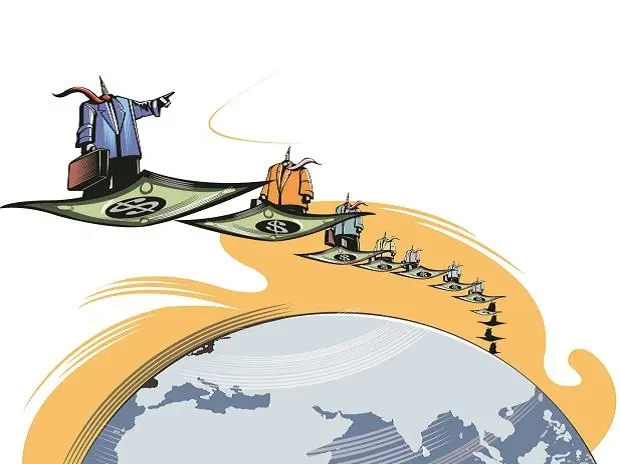In 2023, foreign direct investment (FDI) in Brazil’s production sector plummeted by 40%.
Reports from the Central Bank highlight a decrease from last year’s $68.8 billion to $41.6 billion.
This downturn is significant, marking the second-lowest FDI in 14 years. It only outstrips the low of $31.2 billion recorded in 2020, during the COVID-19 pandemic’s onset.
For September alone, the FDI stood at $3.8 billion, a sharp fall of 61% from the previous year. The investments mentioned here focus on the ‘real economy.’
They fund company stakes and loans within Brazil, not including portfolio investments like bonds or stocks.
FDI’s contribution to Brazil’s economy is also on the decline. It fell from 4.54% of the GDP at 2022’s end to 2.89% by September 2023. This is the lowest ratio since March 2022.
Experts at XP Investments attribute this fall to a slowdown in economic activity and a dip in corporate earnings, both domestically and abroad.
They predict the year might end with FDI inflows at $62 billion, making up 2.9% of the GDP.
Before these numbers came out, the Central Bank had already reduced its FDI forecast for 2023 from $75 billion to $65 billion.

The financial market followed, adjusting their estimates later in October. Initially, they expected $80 billion for the year.
Now, they predict the figure will hover around $70 billion. Contrastingly, the previous year had a record FDI of $87.2 billion.
Background
Historically, Brazil has attracted substantial foreign investment, reflecting its vast natural resources and large consumer market.
In the past decade, the nation experienced a boom, peaking during the commodities surge. However, economic and political challenges have since affected investor confidence.
Political instability has often swayed economic prospects, influencing FDI flows. Brazil’s extensive bureaucracy and regulatory complexity have also posed hurdles.
Despite this, the country has undertaken reforms to improve the business environment.
The fluctuation in commodity prices, a significant export for Brazil, has impacted investment patterns.
Moreover, the global economic slowdown, exacerbated by the pandemic, has led to cautious investment strategies.
The current FDI trend suggests a cautious approach from foreign investors, awaiting more stable economic conditions.

